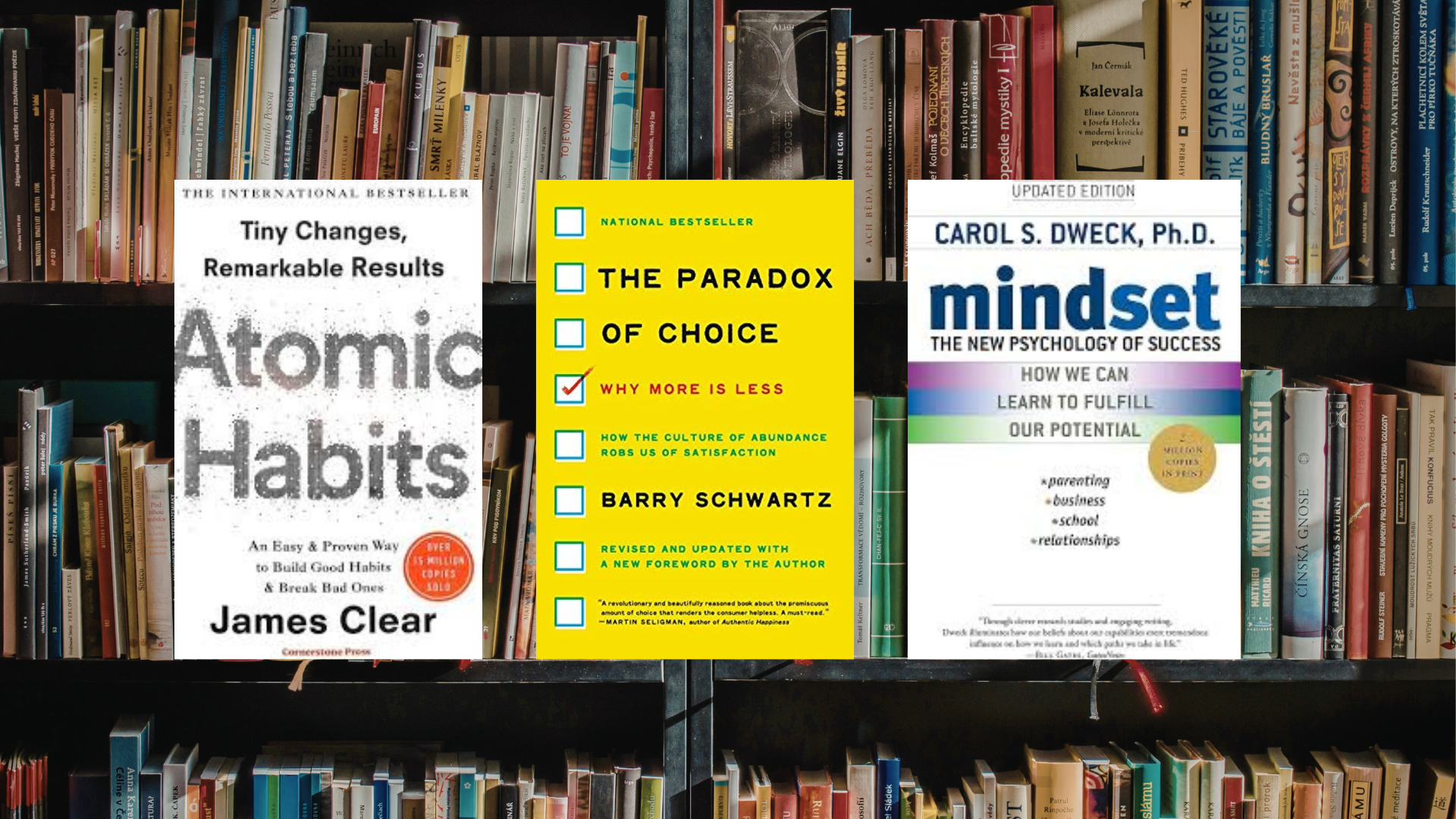Copyright yourstory

Have you ever stopped to wonder why you scroll endlessly on your phone, procrastinate on a simple task, or crave that late-night snack even when you’re full? Every small behaviour, from brushing your teeth to checking your emails, is a reflection of deeply ingrained psychological patterns. The truth is, our everyday habits are less about willpower and more about the invisible systems of the mind that guide our choices. Psychology offers the lens to understand those hidden mechanisms — the “why” behind what we do. The best psychology books don’t just lecture you about the mind; they help you see your life differently. They prompt you to pause before reacting, question your impulses, and develop more effective routines. If you’re someone who wants to understand yourself a little better, build healthier habits, or simply look at daily life through a more insightful lens, these 10 books will be your perfect starting point. From cognitive biases to behavioural nudges, each one is packed with powerful lessons on how the mind shapes the world you live in — and how you can reshape it back. 10 psychology books that change how you think 1. Atomic Habits by James Clear James Clear’s Atomic Habits is the ultimate guide to understanding how tiny, consistent changes can yield remarkable results. It’s not about radical transformation but about stacking small improvements. Clear draws from psychology and neuroscience to explain how cues, cravings, responses, and rewards form the backbone of habit formation. 2. Thinking, Fast and Slow by Daniel Kahneman Nobel laureate Daniel Kahneman breaks down the two systems of thinking that rule our lives, the fast, intuitive system and the slow, analytical one. He shows how biases and mental shortcuts influence decisions, from what we buy to how we react in arguments. 3. The Power of Habit by Charles Duhigg Duhigg explains why habits exist and how they can be changed. Through engaging stories — from corporate boardrooms to Olympic training grounds, he reveals the “habit loop” of cue, routine, and reward. 4. Nudge: Improving Decisions About Health, Wealth, and Happiness by Richard H. Thaler & Cass R. Sunstein Thaler and Sunstein explore how small, well-placed nudges can subtly influence better decisions. Whether it’s saving more money, eating healthier, or being kinder to the environment, context matters more than we realise. 5. Mindset: The New Psychology of Success by Carol S. Dweck This book introduces the transformative concept of “growth mindset” versus “fixed mindset.” Dweck explains how our beliefs about talent and intelligence influence success, learning, and relationships. 6. Predictably Irrational by Dan Ariely Ariely’s research reveals that humans are not as rational as we think. From overpaying for coffee to falling for marketing tricks, our decisions are predictably irrational — shaped by emotion, context, and hidden biases. 7. The Paradox of Choice by Barry Schwartz In a world of endless options, from Netflix shows to toothpaste brands, Schwartz argues that more choice often leads to less happiness. His book explores decision fatigue, regret, and how to simplify life for peace of mind. 8. Drive: The Surprising Truth About What Motivates Us by Daniel H. Pink Pink challenges traditional views of motivation, arguing that external rewards like money are less effective than internal drives like autonomy, mastery, and purpose. 9. Thinking in Bets by Annie Duke Former poker champion Annie Duke demonstrates how to make better decisions in uncertain situations. Life, she says, is a series of bets, and learning to separate results from decision quality is key to long-term success. 10. The Happiness Advantage by Shawn Achor Achor combines positive psychology research with practical insights to prove that happiness fuels success, not the other way around. By training your brain for positivity, you build resilience, creativity, and better habits. Final thoughts Every one of these psychology books peels back a layer of the human mind — showing how habits are formed, why we act the way we do, and how to take back control. The more you understand the psychology behind your behaviour, the easier it becomes to reshape it. So next time you find yourself stuck in a cycle — whether it’s procrastination, stress, or self-doubt — remember that the key to change isn’t force. It’s understanding. And these books are the perfect place to start.



